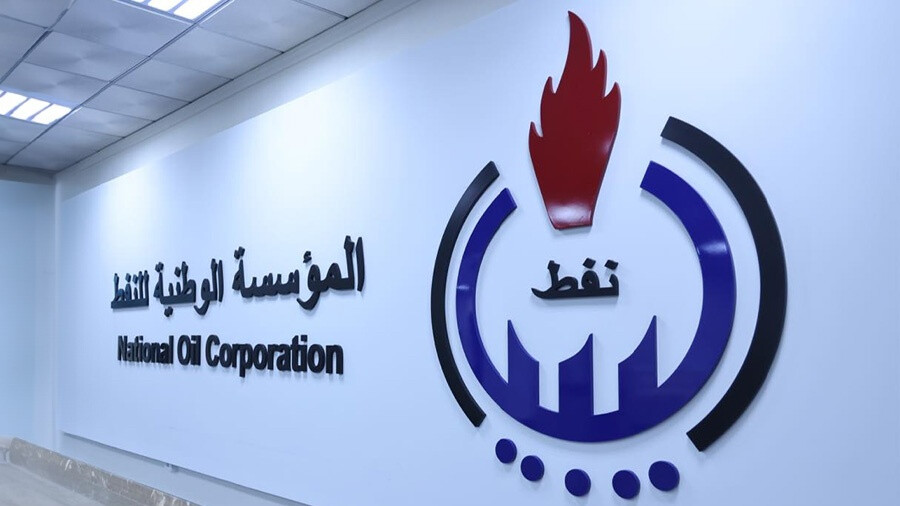
The National Oil Corporation (NOC) of Libya has publicly challenged the oil production data for 2024 recently released by the Organization of the Petroleum Exporting Countries (OPEC). The NOC asserts that OPEC's figures are outdated and inaccurate, creating a potential discrepancy in reported global oil supply.
In a strongly worded statement, the Libyan NOC reiterated its position as the sole legitimate authority for monitoring and reporting Libya's oil production. The corporation emphasized that no other entity possesses the mandate to contest or override its officially published data. This declaration underscores the NOC's control over the crucial information regarding Libyan oil output and its determination to maintain transparency and accuracy in its reporting.
The NOC clarified the complexities of oil production reporting, explaining that daily production figures often fluctuate and therefore do not always directly correlate with monthly or annual averages. To illustrate this point, the NOC provided its own production data. They stated that Libya's average annual production in 2023 was 1.189 million barrels per day (bpd). In 2024, this average decreased slightly to 1.138 million bpd, a reduction attributed primarily to several force majeure events that disrupted operations. However, the NOC highlighted that December 2024 saw a significantly higher average output of 1.3 million bpd, demonstrating the inherent volatility of oil production and the importance of considering various reporting periods. This discrepancy between annual averages and peak monthly production underscores the NOC's argument about the potential for misinterpretation when relying on limited data points.
Furthermore, the NOC provided a breakdown of Libya's crude oil allocation. They specified that between 170,000 and 180,000 bpd are allocated to domestic refineries to meet internal fuel demands. An additional 15,000 to 20,000 bpd is designated for the Ubari power plant, ensuring its continued operation. The remaining crude oil production, after accounting for these domestic allocations and volumes reserved for foreign partners under existing agreements, is then exported to international markets. This detailed explanation of crude oil distribution aims to provide further clarity and transparency regarding Libya's oil operations.
The NOC's challenge to OPEC's data raises important questions about the accuracy of global oil supply figures and the potential impact on oil markets. While the specific discrepancies between the NOC and OPEC figures were not explicitly stated in the initial reports, the NOC’s forceful response suggests a significant divergence in the data. Further investigation and clarification are needed to reconcile these differences and ensure accurate reporting of Libyan oil production. This incident highlights the importance of reliable data in the global oil market and the challenges of accurately measuring and reporting production in regions prone to instability and operational disruptions. Analysts will be closely monitoring future reports from both the NOC and OPEC to assess the ongoing situation and its potential implications for global oil supply and pricing.
[Copyright (c) Global Economic Times. All Rights Reserved.]



























